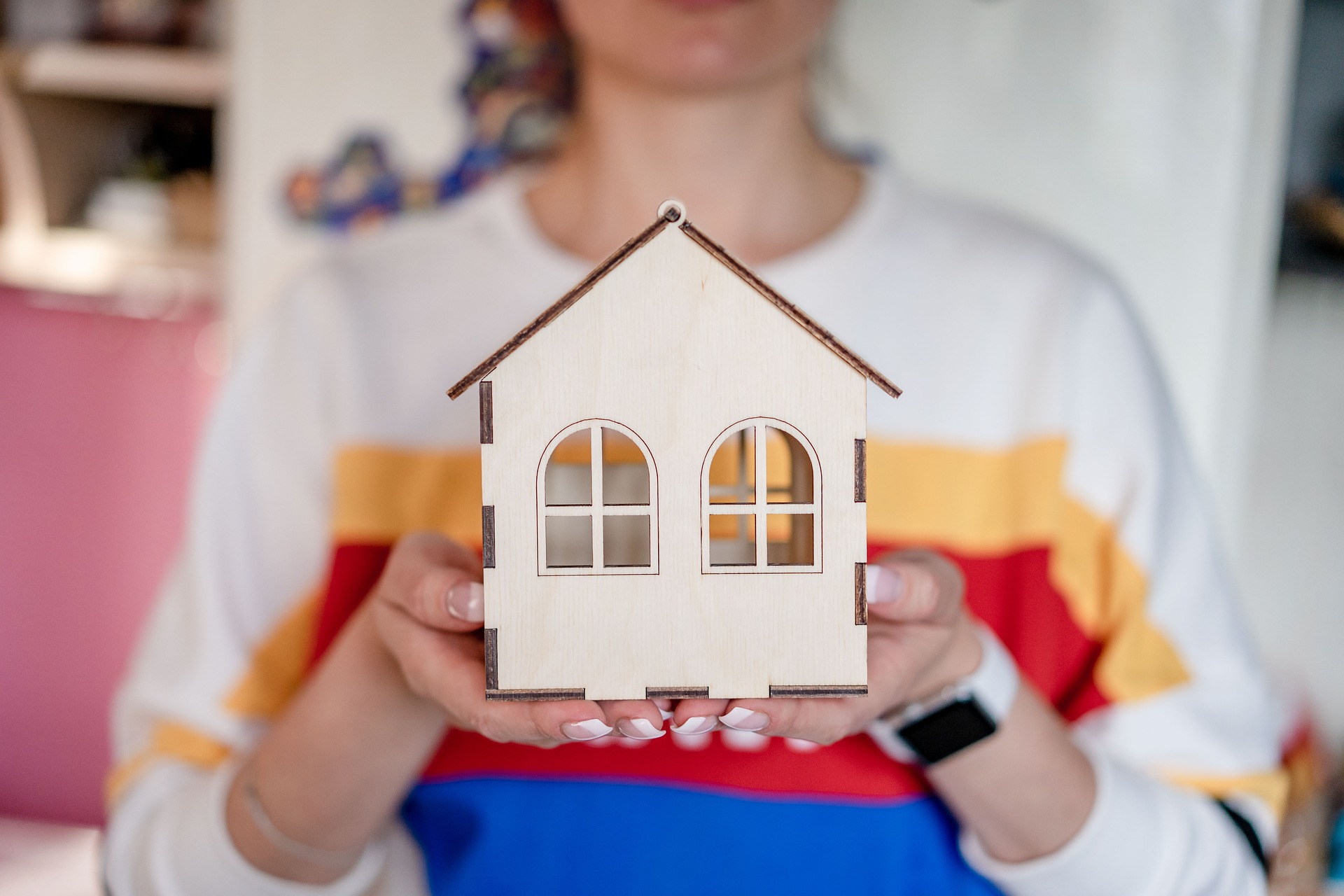The Untapped Potential of Repurposed Real Estate
Introduction: In the ever-evolving landscape of the real estate market, one trend is making waves yet remains largely underexplored—the repurposing of existing property. By revitalizing old structures with new uses, investors and developers can breathe new life into the market while contributing to local economies and communities.

A Historic Perspective on Repurposing Real Estate
The practice of repurposing real estate is not a new phenomenon. For centuries, structures have been adapted to suit changing societal needs. For example, in the 19th century, many old factories were converted into residential lofts. Fast forward to today, and we’re witnessing a similar trend, with commercial spaces being transformed into mixed-use developments or shared office spaces. These historical instances have set the stage for modern property repurposing, which is increasingly viewed as a viable investment strategy.
Current Market Scenario and Financial Insights
The current real estate market, influenced by urbanization and changing consumer preferences, has paved the way for the rise of repurposed properties. With the increased demand for unique, experiential spaces, developers are finding new uses for old structures. Financially, repurposed real estate can offer attractive returns, particularly in markets where land is scarce and property values are high.
Benefits and Challenges of Repurposed Real Estate
Repurposing real estate offers several benefits. Economically, it can drive local job creation and increase property values. Environmentally, it promotes sustainability by reusing existing materials and reducing construction waste. Socially, it can preserve local heritage and foster community engagement. However, it also poses challenges. Developers may face regulatory hurdles, unforeseen renovation costs, and the need to balance modernization with preservation.
Implications for Stakeholders
The implications of this trend extend to various stakeholders. For investors, repurposed real estate can offer a unique, profitable asset class. For tenants, it can provide unique spaces that cater to their evolving needs. For communities, it can contribute to revitalization efforts and promote sustainability. However, stakeholders must navigate the complexities of this trend carefully to maximize its potential benefits.
Looking Ahead: The Future of Repurposed Real Estate
As the real estate market continues to evolve, the repurposing trend is likely to gain further momentum. Driven by factors such as urbanization, sustainability, and changing consumer preferences, this trend presents exciting opportunities for those willing to think creatively about property use. However, success in this field will require careful planning, strategic investment, and a deep understanding of market dynamics.
In conclusion, repurposed real estate offers a fresh, innovative approach to property investment. While it presents challenges, its potential benefits—economic, environmental, and social—make it a trend worth watching in the evolving real estate landscape. By understanding this trend and its implications, stakeholders can identify opportunities to innovate, invest, and impact their communities positively.




